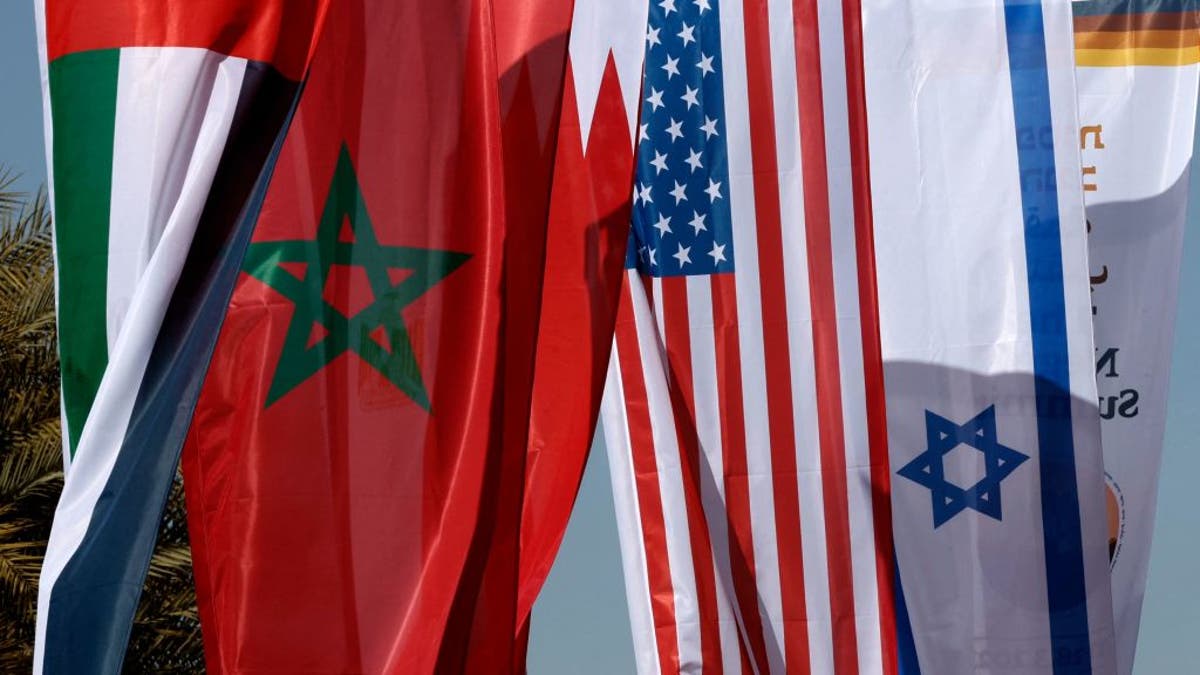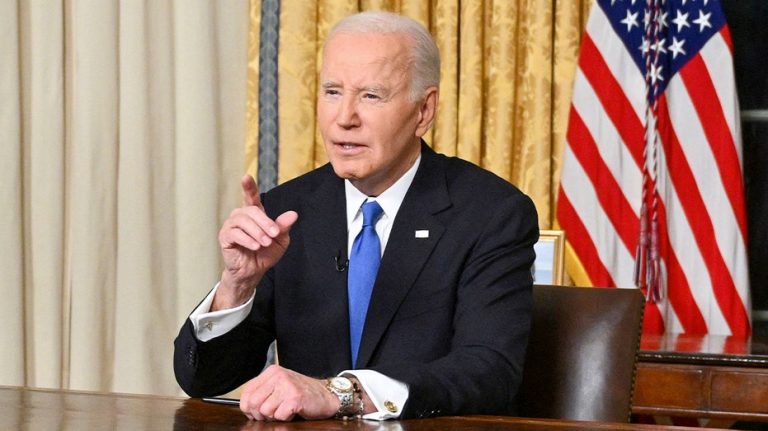President Donald Trump’s second-term inauguration on January 20, 2025, will coincide with Martin Luther King Jr. Day, a time to honor the civil rights leader’s legacy. While King and Trump may seem politically distant, there is an intriguing, often overlooked connection between their views on peace — especially through economic cooperation as a path to stability in the Middle East.
In 1966, Dr. Martin Luther King Jr. proposed an innovative path to peace in the Middle East — not through military force or political negotiations, but through economic collaboration. Amidst the region’s divisions, King focused on religious tourism, particularly Christian pilgrimages, as a way to foster dialogue and mutual understanding between Jews and Arabs.
As I discuss in my book Shared Dreams: Martin Luther King Jr. & the Jewish Community, King’s approach to peace was rooted in the belief that lasting change could be achieved not through force, but through the economic incentives created by cooperative efforts. King understood that the Middle East’s political stalemate could be broken by creating opportunities for Israelis and Arabs to work together—an idea that was radical for its time. In 1966, he proposed sending 5,000 American Christians on a pilgrimage to the Holy Land, encouraging them to visit sacred sites in both Israel and surrounding Arab nations. King’s goal was to build bridges between these communities, promoting economic growth and cultural exchange.
ON MARTIN LUTHER KING JR DAY, A REMINDER OF THE IMPORTANCE OF ‘UNDERSTANDING OTHER PEOPLE’
King believed economic partnerships could transcend political and religious divides. His plan envisioned American Christians visiting sacred sites in both Israel and Arab countries to promote economic activity and mutual understanding. In November 1966, King sent Andrew Young to Israel to negotiate with Israeli and Jordanian officials about opening the Mandelbaum Gate, a restricted crossing between the Israeli and Jordanian parts of Jerusalem. Both nations expressed interest in the project’s economic potential. King also proposed building an amphitheater on the Sea of Galilee to deliver a message of peace and unity.
The economic benefits were clear: religious tourism could create jobs, boost local economies, and most importantly, serve as a bridge to peace between Arabs and Jews. King’s vision wasn’t just about diplomacy — it was about creating an economic infrastructure that would bring people together. As Young recalled, King believed the pilgrimage would show “how much everyone had to gain by working together.”
Sadly, King’s vision was never realized. The outbreak of the Six-Day War in 1967 disrupted the region and destroyed any hopes for his initiative. King’s plan for peace through economic collaboration was stopped short by the geopolitical realities of his time, but the concept of using economics as a tool for peace would influence future leaders.
Fast-forward to the 21st century, and President Donald Trump’s Middle East policies echo much of King’s original vision. Trump’s “peace through prosperity” strategy, introduced in 2018, emphasizes economic cooperation as the foundation for peace.
Through the Abraham Accords, signed in 2020, Trump successfully normalized relations between Israel and several Arab nations. These agreements exemplified Trump’s belief that peace could be fostered not just through political agreements, but through economic incentives—trade deals, investments, and joint ventures in fields like technology, energy, and tourism.
CLICK HERE FOR MORE FOX NEWS OPINION
This past Wednesday, Trump said he would use the momentum of the Gaza ceasefire and hostage deal to expand the Abraham Accords. The Accords laid the groundwork for economic collaboration, but much more work is needed to create lasting peace. King’s vision called for deep, comprehensive economic collaboration that reached beyond political normalization, while Trump’s approach, though impactful, is still unfolding. True peace in the Middle East will require not only political agreements but deeper, sustained economic partnerships that promote long-term stability and shared prosperity.
As President Trump begins his second term, the journey toward peace is far from complete. The Middle East still needs sustained economic cooperation, and Trump must continue advancing King’s “peace through prosperity” principles. The Abraham Accords have laid the foundation, but true peace will come from expanding these economic ties and building lasting structures of collaboration that go beyond short-term political agreements.
To fully realize the promise of peace in the Middle East, President Trump must embrace and build upon Dr. King’s vision for economic cooperation. While King’s vision was cut short by the harsh realities of his time, Trump’s “peace through prosperity” approach, especially through the Abraham Accords, reflects the same fundamental belief: that economic collaboration — not just political agreements — can form the foundation for lasting peace. This journey, rooted in mutual understanding, shared economic opportunity, and long-term stability, is still unfolding. Only by expanding on King’s ideas can Trump’s policies reach their full potential, and only then will the region move closer to the lasting peace that both leaders envisioned.





